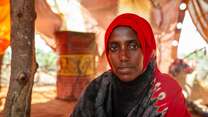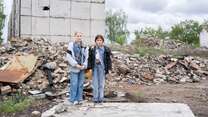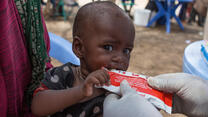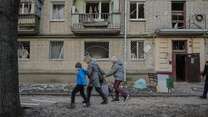Somali refugees in Kenya currently find themselves in limbo with only restrictive and impractical options available to them. The majority of these refugees are unable to return to Somalia, despite recent efforts by the Governments of Kenya and Somalia and UNHCR, due to sustained threats to their protection, safety and dignity in what continues to be a fragile post-conflict situation. Opportunities for third country resettlement are concurrently diminishing, particularly in Europe and the United States of America, due to a sharp decline in refugee resettlement quotas. In Kenya, basic economic and social activity outside refugee camps is prohibited, despite the vast human capital that exists amongst the refugee populations. Consequently, after almost three decades, since 1991, the majority of Somali refugees in Kenya are still entirely dependent on dwindling humanitarian aid without any viable path towards self-reliance. Self-reliance for Somali refugees can be achieved through integration, fair administrative action, political will, regional cooperation and international responsibility sharing.
Report
Our efficiency
- 87% Program services
- 7% Management and general
- 6% Fundraising
Join our mailing list
Get the latest news about the IRC's innovative programs, compelling stories about our clients and how you can make a difference. Subscribe
International Rescue Committee is a 501(c)(3) not-for-profit organization. EIN number 13-5660870
Copyright © International Rescue Committee, 2026.



